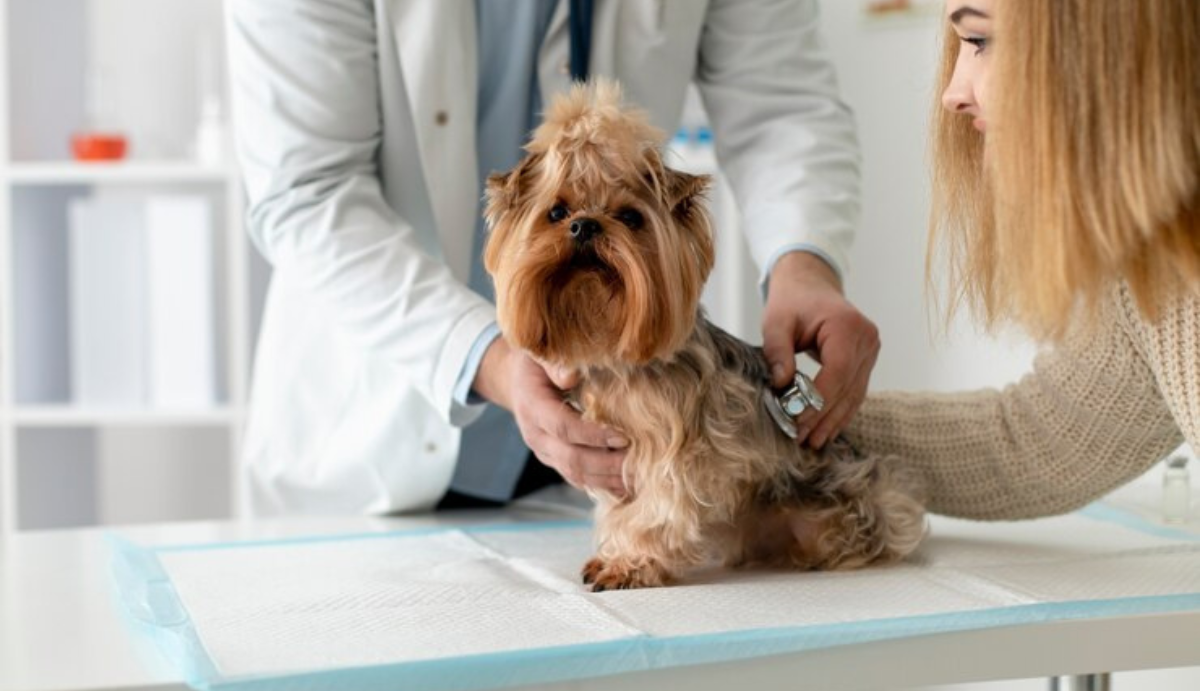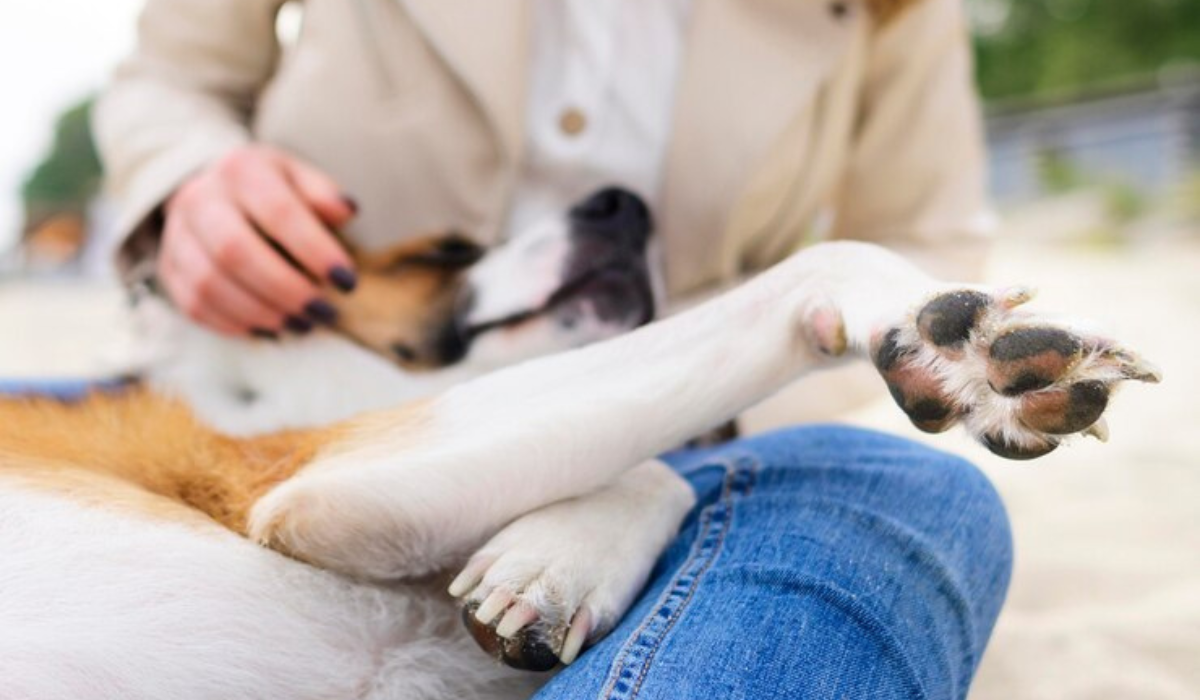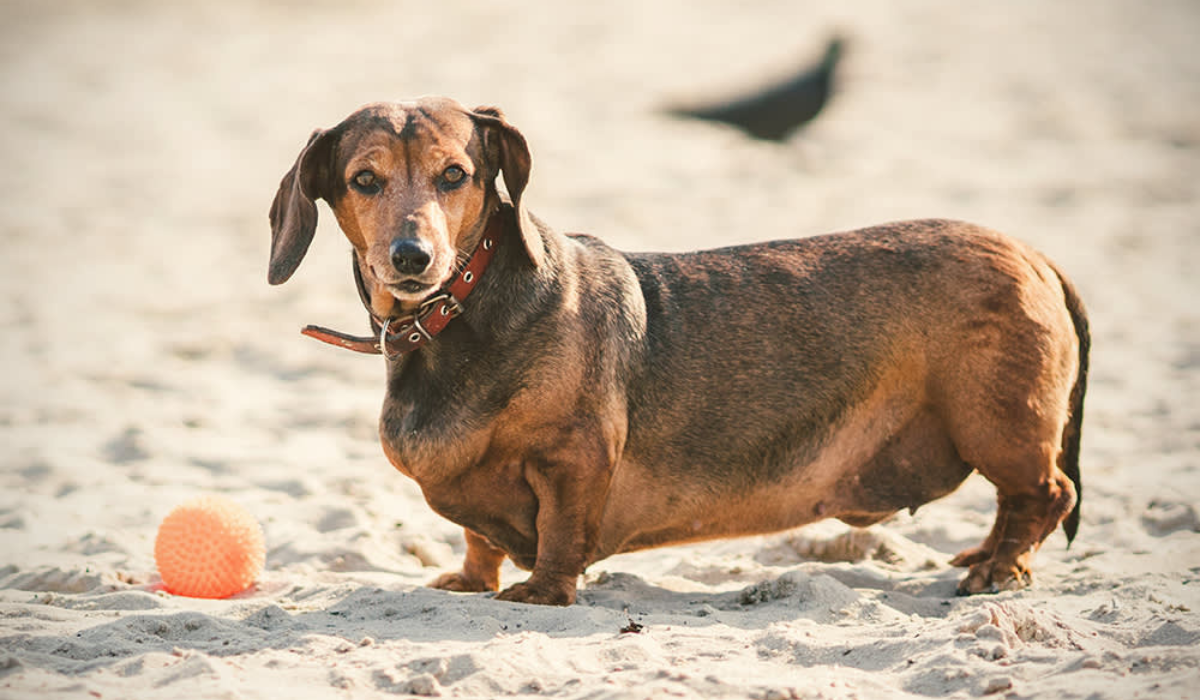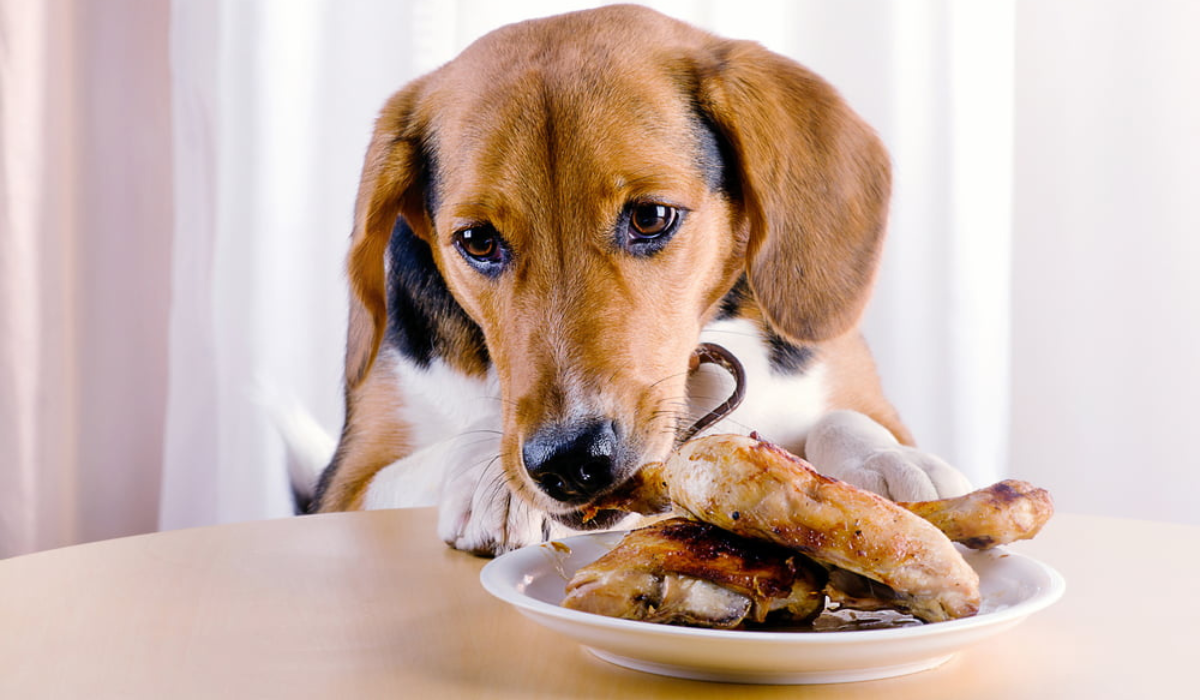Dogs are known to emit gas, so it is not uncommon for them to do so every now and again. Excessive gas or changes to your dog’s pattern of flatulence can raise questions about health problems. Pet owners must be able to tell the difference between normal gassiness, and more serious issues. This article will explore possible causes of a dog’s excessive gas, dispel common myths and give advice on when to consult a veterinarian.
Understanding Canine Flatulence:
Gas is a by-product of digestion in dogs, just like it is for humans. It is usually caused by the fermentation of food that has not been digested in the colon. Some factors can increase gas production in dogs. These include:
- Dietary Factors
- Gas can be caused by dietary changes or the addition of new food. It could also occur when a dog consumes certain ingredients which are not compatible with their digestive system.
- Eat Healthy Habits
- Gas can be increased in dogs if they eat or drink quickly, or gulp down their food or drink air.
- The underlying health issues:
- Excessive gas can be caused by certain medical conditions such as gastrointestinal infection, malabsorption disorder, or inflammatory bowel diseases.
Common Misconceptions Debunked
There are many misconceptions regarding dogs’ dietary habits, similar to the stereotype about milk and cats. To provide accurate information for pet owners, it’s important to correct these misconceptions.
- Dogs and Beans – Popular Belief
- Some people believe that giving dogs beans will cause them to have excessive gas. Beans may cause gas at first in some dogs but are a good source of fiber and protein.
- Diversification of Diet:
- Dogs also require a varied and balanced diet, similar to the idea about cats and dairy. A diet that is too reliant on certain foods may lead to nutritional deficiencies.
- Consult a veterinarian:
- As with cats, it is important to consult a veterinarian for advice on the dog’s diet. A professional’s advice helps ensure that dogs get the nutrients they need and can identify any potential health problems.
Signs of potential health issues:
Although occasional flatulence is normal, persistent or extreme flatulence can indicate underlying health problems. Be on the lookout for these signs:
- Changes in Bowel Habits
- Constipation or diarrhea may be accompanied by excessive gas, and indicate gastrointestinal problems.
- Abdominal Pain:
- It could be a sign of a serious condition if your dog displays signs of discomfort such as abdominal pain or restlessness.
- Vomiting and weight loss:
- Consistent vomiting, unexplained loss of weight and increased gas could be signs of a underlying medical condition.
When to Consult with a Vet
It’s important to consult a veterinarian if you notice persistent changes in the flatulence patterns of your dog or if you notice any accompanying symptoms. A veterinarian will perform a thorough exam, run diagnostic tests and give you tailored advice that is based on the needs of your dog.
Conclusion:
Responsible pet ownership requires that you understand the causes of your dog’s flatulence. Although occasional flatulence may be normal, persistent or severe problems may require professional evaluation. You can help your dog stay healthy and happy by addressing common misconceptions.









